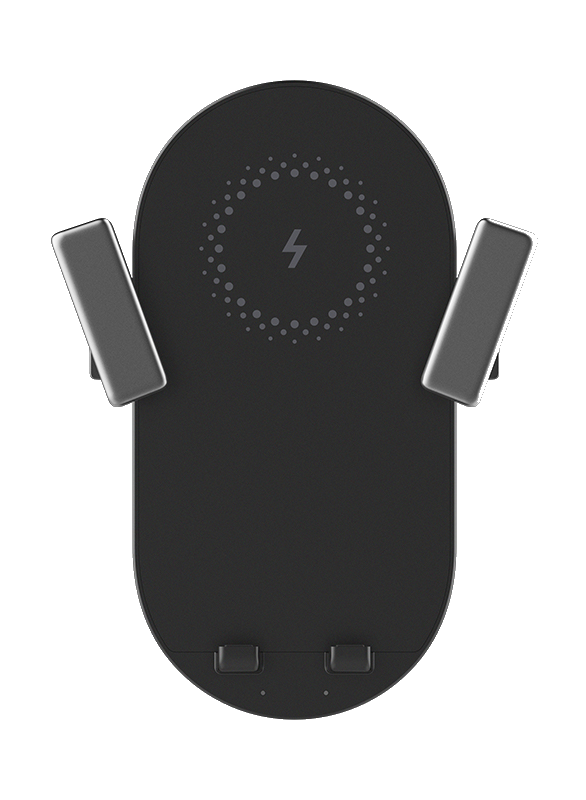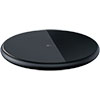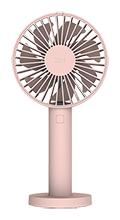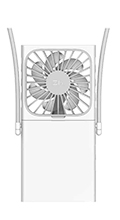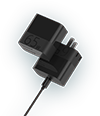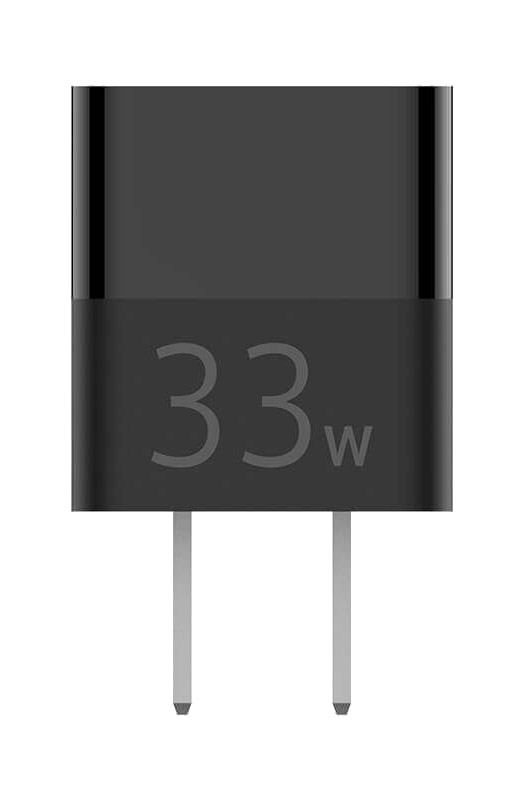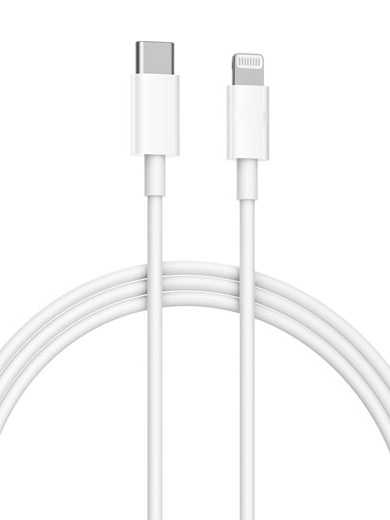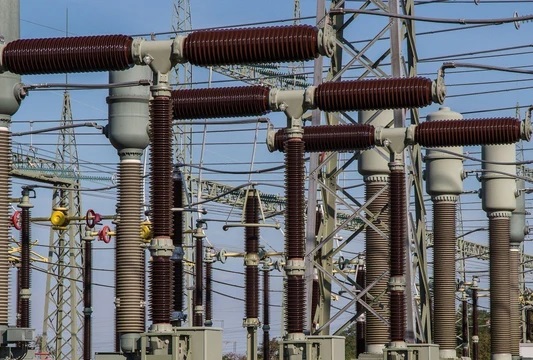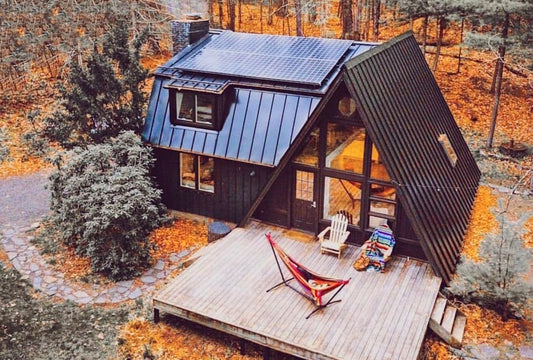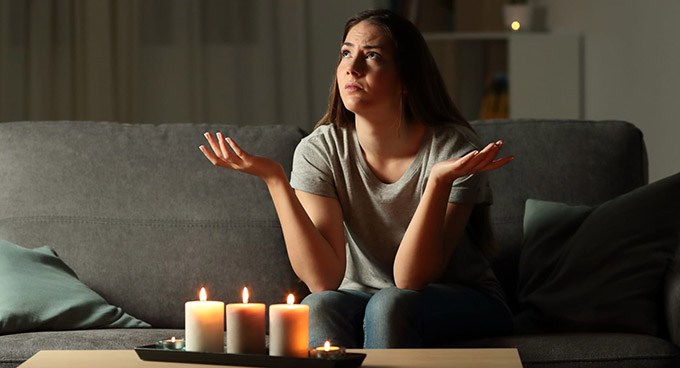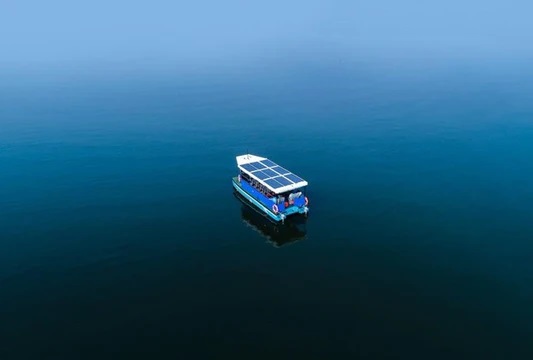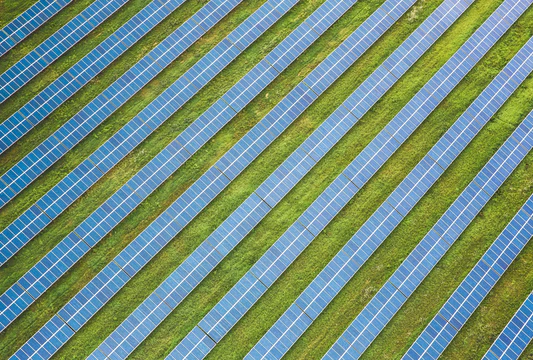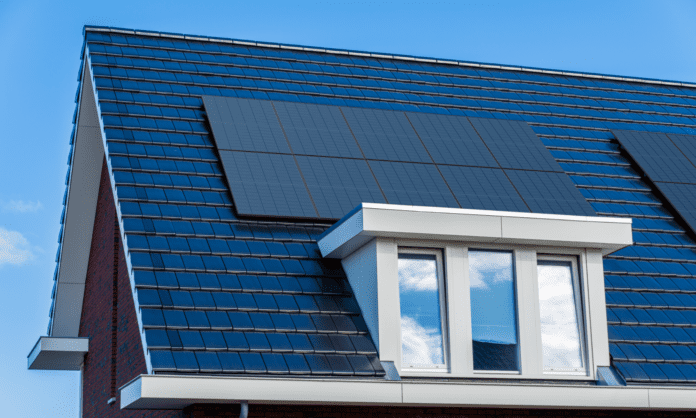Over the past decade, solar capacity in the United States has surged, thanks to reduced initial expenses, ballooning electricity bills, advancements in photovoltaic technologies, and various government incentives.
Despite this success, the substantial initial investment needed to purchase and install a PV panel system deters many homeowners.
Fortunately, there are several ways to finance a transition to solar power through different leasing and buying options.
Read on to discover the advantages and disadvantages of each alternative, and determine which one best suits your requirements.
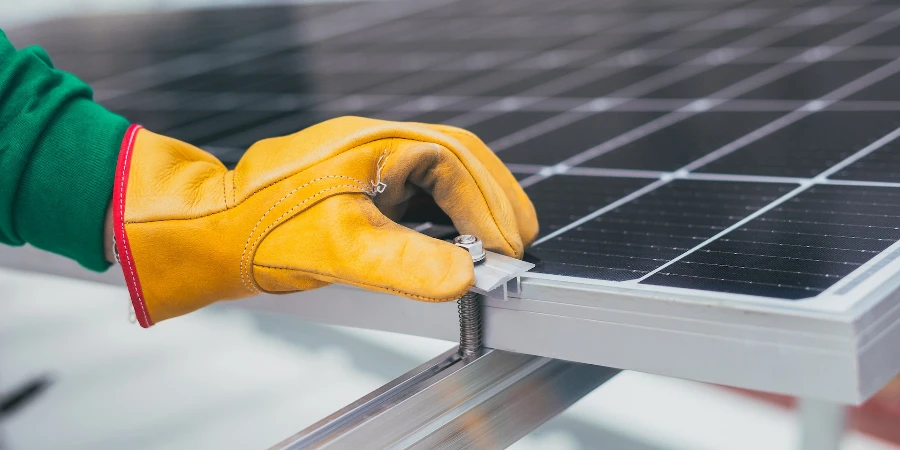
What Is the Difference Between Buying and Leasing Solar Panels?
Whether it's housing or vehicles, the question of whether to buy or lease arises in numerous areas of life. Solar panels are no exception. If you're ready to begin your journey towards sustainable energy, you must carefully consider both options. In this guide, we'll examine the key differences.
Leasing Solar Panels
Leasing solar panels is akin to leasing a vehicle. A solar installation firm retains complete ownership of the equipment under a lease agreement. As the lessee, you pay a fixed monthly fee to utilize and benefit from the electricity generated by the system.
Like all lease agreements, the fixed terms of the lease have a set leasing period. Upon completion, you can opt to renew the contract or return the equipment to the owner. When leasing, the owner is responsible for covering equipment upkeep and maintenance.
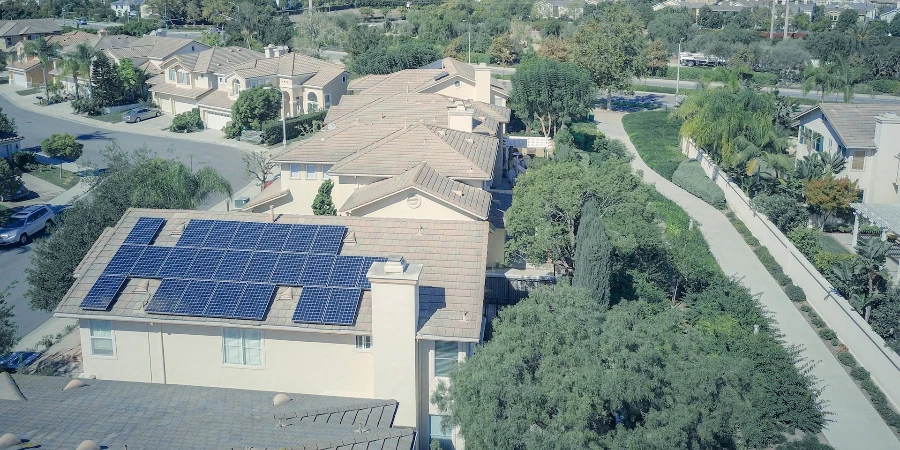
Buying Solar Panels
Purchasing solar panels makes you the sole owner of the equipment. You have the option of paying the equipment cost in one lump sum or through financing alternatives. Upon completion of payments, the equipment becomes your property.
Buying PV panels and a solar power system gives you complete independence in terms of installation and usage. As the sole owner, you are responsible for any required maintenance costs.
Four Ways to Pay for Solar Panels
Fortunately, a thick wallet is not the only way to purchase solar panels. Regardless of your financial situation, there are payment options available to accommodate your budget. Here are some of the most frequently used methods.
Cash
Paying for your solar panels in full upfront comes with several benefits. For instance, you'll gain complete ownership of the equipment and won't have to report to lenders. You're also entitled to receive more government incentives, and bypass the often high-interest payments associated with other financing choices.
Paying in cash is an appealing alternative for people with adequate income, or people who have saved up enough to afford their objectives.
Financing
When you finance, you don't have to foot the entire bill upfront. Instead, you typically make a down payment and pay off the remainder in installments on a fixed schedule.
Getting loans from financial institutions is one option for financing. Moreover, many solar panel firms provide financing alternatives that let you pay for your solar power system over a longer duration.
Usually, financing methods attract interest payments, meaning you'll have to pay more in the end than you would if you paid in cash.
However, financing options are much more competitive nowadays, especially for qualified buyers. For instance, you can currently pay off 70MAX off-grid solar solutions in 12 monthly installments without incurring any interest.
Home Equity Loan
Homeowners may qualify for a home equity loan to fund their solar panel purchase. Home equity loans could offer a smart way to secure a low-interest rate.
If you have equity in your house, you can work with a lender to obtain a home equity loan and pay for your solar power system. You'll pay back the loan over time at a lower interest rate.
Home equity loans typically carry far lower interest rates than credit cards and several other consumer lending products.
Solar Loan
A solar loan is an excellent choice designed explicitly to improve accessibility to solar energy equipment. Solar loans come with competitive interest rates that incentivize people towards renewable energy sources. Furthermore, you can still take complete advantage of tax incentives and rebates when you purchase your solar panel system with a solar loan.
Advantages of Leasing Solar Panels
Leasing solar panels provides some appealing benefits that make solar energy more affordable to homeowners on a tight budget.
Little to No Upfront Costs
Leasing typically attracts little to no upfront costs. It's a perfect option for individuals who are committed to switching to renewable energy but can't afford to pay for the initial investment in equipment and installation fees.
No Worries about Maintenance and Upkeep
Just like when you rent an apartment, and something breaks, you call your landlord. The same goes for solar panels. When you lease, you don't have to stress over maintenance or troubleshooting to fix solar panel problems.
What Are the Disadvantages of Leasing Solar Panels?
Before signing a leasing agreement on photovoltaic panels, be aware of the drawbacks.
Increased Difficulty in Selling Your Home
Leases run for a set period of time, and if you decide to sell your home, having a solar lease can complicate the process. Although transferring the lease to new homeowners is often possible, the company that owns the solar panel system must agree, or you must meet the transfer stipulations specified in your contract.
Purchasing solar panels and a balance-of-system can significantly add value to your home, but solar energy isn't necessarily for everyone. An interested potential buyer may not want to assume the responsibility if you are tied into a lease. Additionally, the process of transferring a lease agreement, on top of the other administrative burdens of buying a home, may discourage some buyers.
You Aren't Eligible for Rebates and Credits
Investing in solar technology can make you eligible for federal tax credits and incentives, with the Federal Solar Tax Credit of up to 30% being the most attractive option. However, if you choose to lease, you won't be eligible for most government incentives.
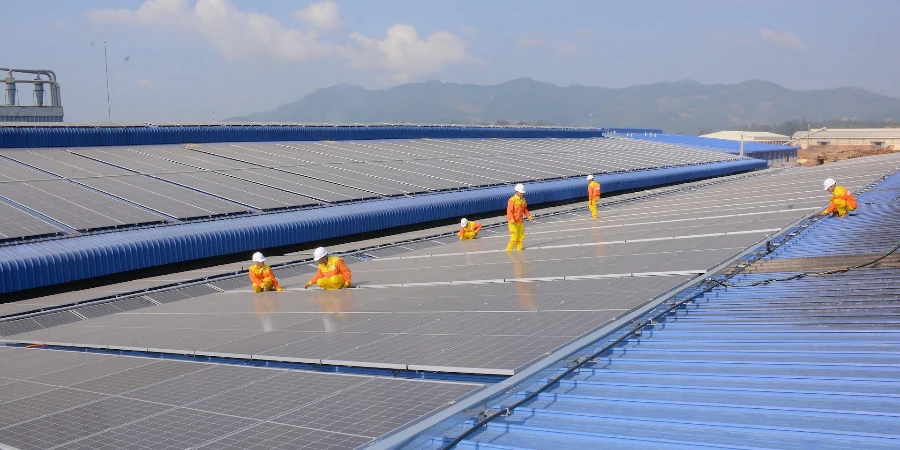
What Are the Advantages of Buying Solar Panels?
The cost of purchasing and installing solar panels has decreased by more than half in recent years. As a result, more homeowners than ever are buying photovoltaic panel systems because of the following primary reasons.
Greater Savings
Purchasing solar panels involves a significantly higher upfront investment compared to leasing. However, in the long run, you will save substantially more on electricity costs than if you leased your equipment. Consequently, buying a solar panel system will offer a greater return on investment.
Moreover, owning your solar panel system qualifies you for tax incentives and energy credits, resulting in upfront savings. Additionally, you are eligible for any state or municipal rebates, making the purchase of your solar panel system an even smarter financial decision.
Increased Home Value
According to the National Renewable Energy Lab, solar panels can add value to your home. With every dollar saved on utility costs equating to a $20 increase in home equity, the value increase is significant.
The reason for this is self-evident since most people now understand that a solar panel system can significantly reduce utility costs. A home with a preinstalled photovoltaic system saves buyers the trouble and expense of installing it themselves. Furthermore, a growing number of potential buyers are becoming more environmentally conscious and want to reduce their carbon footprint.
Energy Independence
Solar energy offers its users autonomy and control, and owning your solar panel system maximizes this benefit. You can select the exact panels to match your needs since ownership allows you this flexibility. For instance, you can choose from 400W 70MAX solar panels available in rigid or portable designs and add flexible panels to create maximum surface area for electricity generation. You can mix and match to fit your unique needs.

What Are the Disadvantages of Buying Solar Panels?
When considering the worth of purchasing solar panels, don't forget to consider the potential drawbacks.
Steep Upfront Costs
Purchasing photovoltaic panels and a balance of system requires a high upfront cost, deterring many people. However, when you consider the long-term savings compared to leasing or buying options available, buying usually makes more sense.
Responsibility for Maintenance
When you own anything, you are typically responsible for its upkeep, primarily when a warranty or service agreement expires. While this can be a hassle, solar power systems are incredibly durable and require minimal maintenance.
Solar panels usually maintain their efficiency for over 25 years before diminishing. Other than occasional cleaning and debris or obstruction clearance, your maintenance responsibilities should be limited.
Frequently Asked Questions
Are Leased Solar Panels Worth It?
Leasing is a great way to benefit from renewable energy in the short term if you are a renter or not entirely committed to buying solar panels. However, purchasing your solar panel system offers greater autonomy, eligibility for generous tax incentives, and long-term savings.
What Is Better, Buying or Leasing Solar Panels?
Choosing to buy or lease solar panels is subjective, and there is no right or wrong answer. Regardless of your choice, renewable energy is safer for the environment and communities compared to fossil fuels.
That being said, purchasing a solar panel system is an excellent long-term investment if you can afford it. As previously mentioned, there are solar purchase alternatives to leasing, so cash in hand might not be necessary.
Final Thoughts
Switching to renewable energy, whether through leasing or purchasing solar panels, offers immense cost-saving benefits and contributes to the planet's survival.


